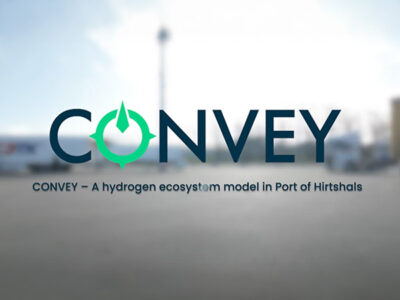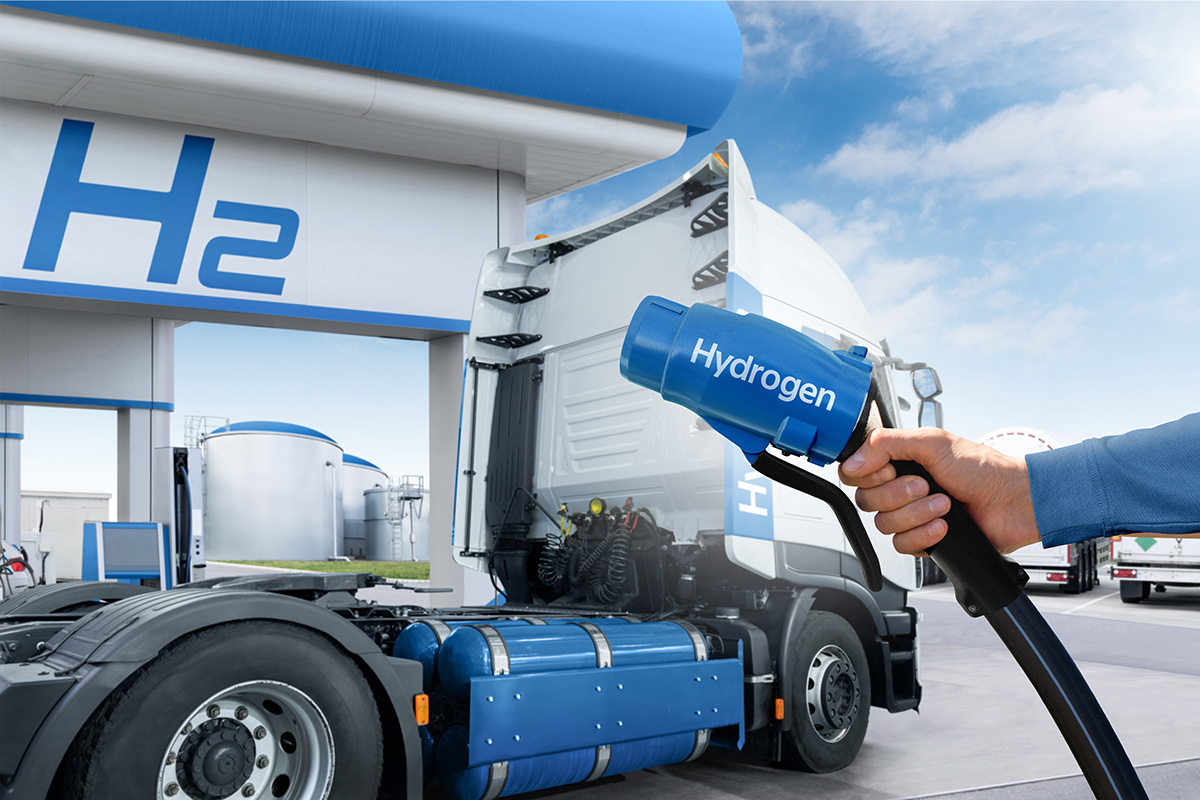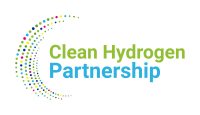While batteries have replaced the diesel engine on several trucks, we still have a challenge in phasing out fossil fuels for trucks that travel long distances and carry heavy goods. Hydrogen can be an option. Hydrogen can be produced from water, solar or wind power, it does not steal much weight from the payload, and it has a short refueling time. Vendelbo Spedition and Hirtshals Transport Center are participating in the project CONVEY at the Port of Hirtshals, and they look forward to including green hydrogen in their services.
To long-haul transportation, hydrogen is more relevant
– Since we travel long distances with heavy goods, we consider hydrogen to be a more interesting alternative than electricity. Today, we use diesel in our trucks. But there is no doubt that we will see a demand for green solutions in the future. And we would like to gain some experience beforehand when it comes to offering sustainable transport to our customers, says Jesper Bundgaard Madsen, CEO at Vendelbo Spedition.
Initially, Vendelbo Spedition will pick up hydrogen and distribute it to customers. Vendelbo Spedition can later become an offtaker of hydrogen itself and use it as fuel.
The hydrogen will be produced at the Port of Hirtshals as part of the CONVEY project. The hydrogen is based on electricity from wind turbines at the port, and the customers include Hirtshals Transport Center and industrial enterprises at the port where the hydrogen can contribute to reducing the CO2 footprint by substituting natural gas. The by-products oxygen and heat from the production of the hydrogen are also sold to companies at the port. Production is expected to start in 2026.
Transport center wants to offer hydrogen
The refueling station that will receive hydrogen is located in Hirtshals Transport Center. Every day, the center is visited by around 450 trucks of which 150 are refueling.
– The green transition means that in the future it will not be diesel people ask for here. At the transport center, we want to be at the forefront when offering alternatives to diesel. We already have facilities for electric charging and a new LNG gas installation. The next thing we can offer is hydrogen, says Tonni Sørensen, CEO of Hirtshals Transport Center.
Jutland is an important transport corridor
In Norway and Sweden, there is great interest in hydrogen for heavy and long-haul trucks, partly because of the distances in the two countries. The land-based transport of goods to and from Norway largely goes via the Danish road network, and the same applies to transport to and from Sweden. Jutland as a transport corridor for heavy goods between the Nordic countries and the rest of Europe is therefore in focus, also when it comes to switching from fossil fuels to green alternatives. The Green Jutland Corridor project currently identifies needs and opportunities in this context – and here too, hydrogen is on the agenda.
The Danish Council on Climate Change has calculated that heavy goods transport on Danish roads emits approximately 1.7 million tons of CO2 annually. This corresponds to almost four percent of Denmark’s total CO2 emissions.
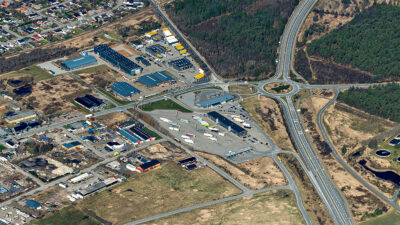
Around 150 trucks stops by Hirtshals Transport Center every day to refuel. Once CONVEY is implemented, hydrogen will be a green option.
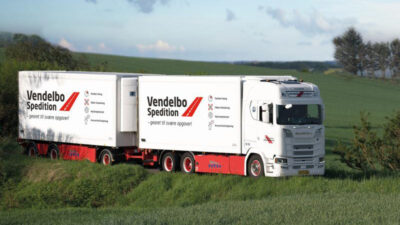
In CONVEY, Vendelbo Spedition will consider hydrogen a fuel to their trucks running long distances.
About Hydrogen as a fuel
Hydrogen takes up a lot of volume but has a high energy density if compressed. A hydrogen tank can weigh significantly less than a battery with the same energy capacity. This makes hydrogen an attractive fuel for transportation in situations where weight is an important factor. In fuel cell vehicles that are powered by hydrogen, the operational range can compete with that of gasoline and diesel vehicles and thus exceeds the range of electric vehicles. Refueling with hydrogen takes only a few minutes, in contrast to charging batteries, which takes considerably longer.
The challenge in relation to phasing in green hydrogen as an alternative fuel to diesel, gasoline and electricity is that refueling options are currently few, and that green hydrogen is currently expensive to produce. However, the EU’s Fit for 55 program has set a goal of establishing hydrogen refueling stations every 200 km by 2030.
Major truck manufacturers such as Mercedes-Benz, Scania, MAN, Volvo Trucks, Hyundai and VLD-Group have all introduced hydrogen-powered trucks into production or testing.
Green Jutland Corridor
In the Green Jutland Corridor, 26 partners from Denmark and Norway are collaborating to develop a more efficient and sustainable, multimodal transport corridor connecting Southern Norway, Western Sweden and Jutland with Central Europe. Hydrogen plays an important role in the project as part of promoting sustainable solutions within road, rail and maritime transport.
